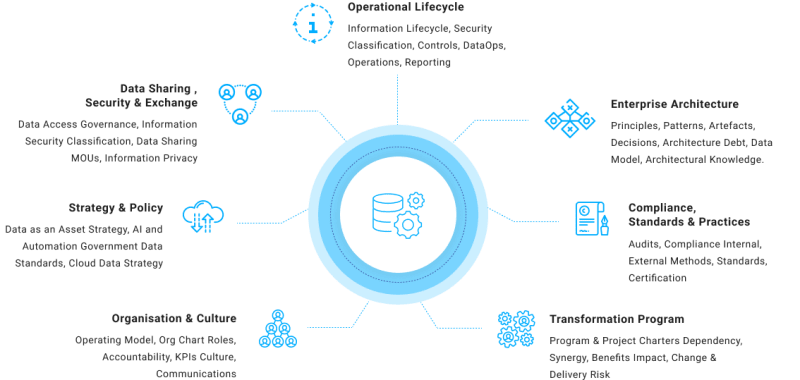Do you have these issues?
_____
“Information and records management is a huge task for our organisation. As it stands right now, we’ve much legacy data that needs to be managed. It’s critical that these key information artifacts are efficiently recorded, easily found and ultimately are retrievable. The biggest challenge we have is cataloguing this information into a useable, repeatable platform that is accessible to all in our organisation.”









